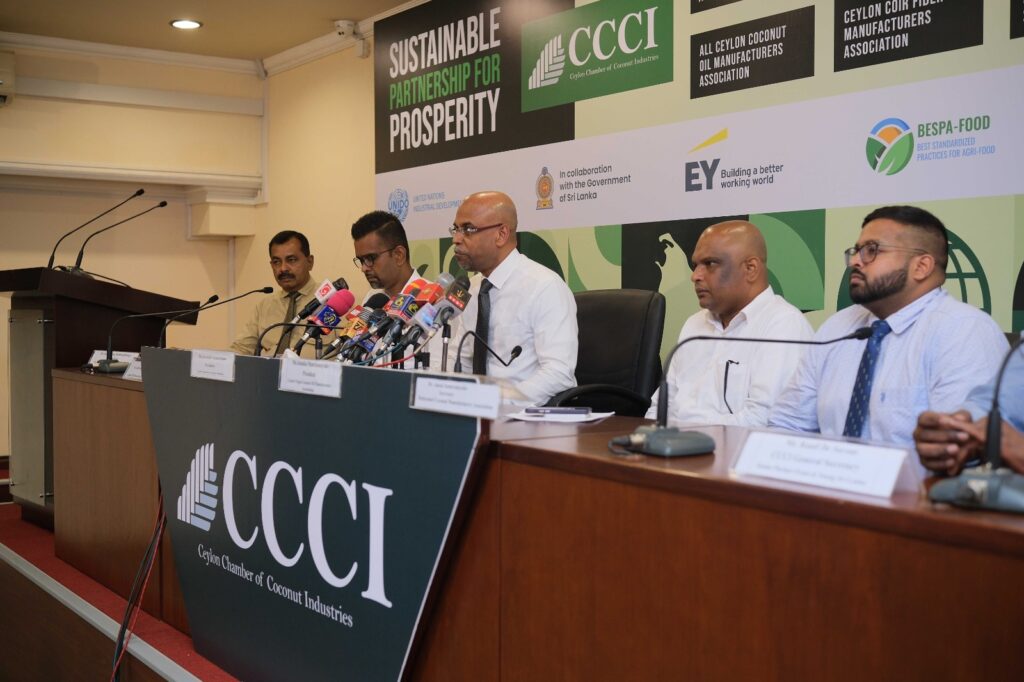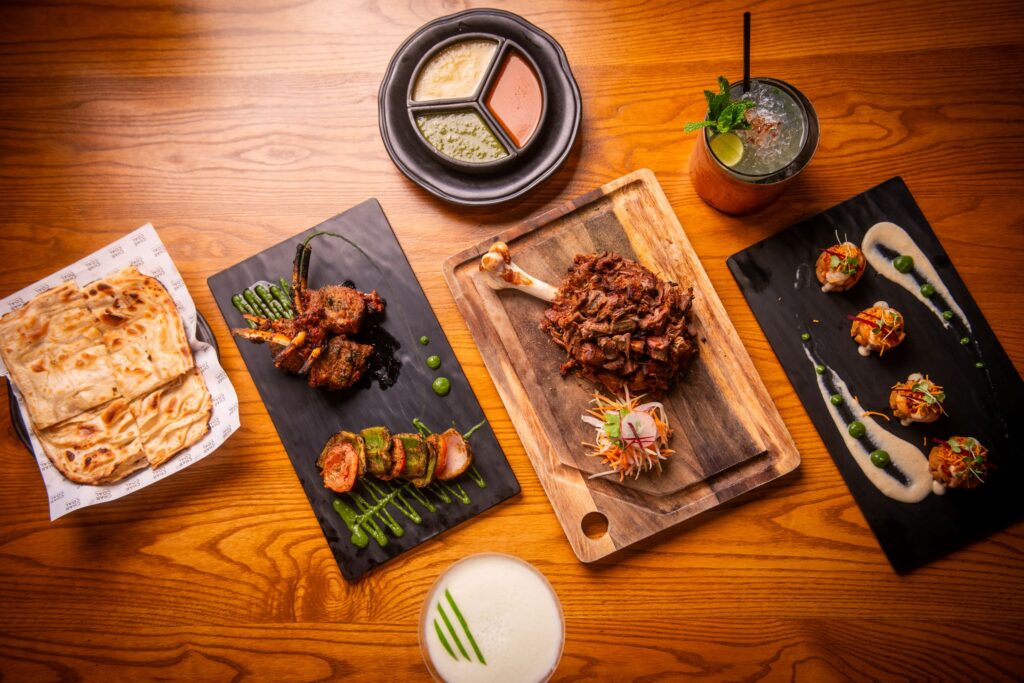The Ceylon Chamber of Coconut Industry (CCCI) has issued an urgent appeal to the Government of Sri Lanka in response to the United States’ decision to impose a 30% import tariff on coconut-based products from Sri Lanka, effective August 1, 2025. The move threatens to upend one of the country’s most valuable export sectors, which currently generates over USD 857 million in annual revenue, and risks pushing thousands of rural livelihoods into uncertainty.
The United States is Sri Lanka’s single largest buyer of coconut-based products, accounting for more than 20% of the sector’s exports, valued at roughly USD 160 million each year. According to the CCCI, the new tariff all but destroys Sri Lanka’s price competitiveness in the US market. Competing suppliers such as the Philippines, Vietnam, and India enjoy preferential trade access, meaning Sri Lankan products, despite their globally renowned quality, will be sidelined on cost alone.
“This isn’t just a policy shift. It’s a devastating blow to an entire industry that Sri Lanka has worked hard to build,” said Jayantha Samarakoon, Chairman of the CCCI. “Our products are recognised globally for their purity, taste, and nutritional value. But no matter how good they are, a 30% tariff makes them unaffordable for buyers. We will be priced out of the market, not because of quality, but because of cost. While we acknowledge the reduction from the originally proposed 44%, even at 30%, the impact remains deeply damaging to our export competitiveness and to the hundreds of thousands of rural livelihoods tied to this industry.”
The export basket at risk includes a wide range of value-added goods: desiccated coconut, virgin and refined coconut oil, coconut milk and cream, coconut water, coir fibre products, activated carbon, and husk-based growing media. Many of these are premium niche exports that Sri Lanka pioneered in the global market, but buyers will now have little choice but to shift sourcing to cheaper destinations.
The impact, however, goes far beyond trade statistics. Over 800,000 Sri Lankans depend on the coconut industry for their livelihoods, including smallholder farmers, processors, factory workers, logistics providers, and exporters. More than 150,000 direct jobs in the manufacturing and processing sectors are now under immediate threat. A sudden drop in export demand could flood the domestic market with unsold produce, pushing down farm gate prices and cutting off income streams for rural families already grappling with inflation and rising production costs.
The CCCI also warns of broader economic fallout. A downturn in coconut exports could trigger a collapse in investor confidence and foreign direct investment, particularly as Sri Lanka works to position itself as a reliable, competitive sourcing destination under its ongoing IMF reform programme. With other coconut-producing countries offering stronger policy support and lower-cost structures, there is a real risk of local industrialists shifting operations abroad — taking jobs, capital, and long-term opportunity with them.
In light of this, the Chamber is calling for urgent and coordinated government action to safeguard the sector. It has urged immediate engagement with the Office of the US Trade Representative to explore options for tariff relief or exemptions. The Chamber also called for a renewed push to secure bilateral trade agreements that ensure fair access to key markets, alongside targeted support to help exporters absorb short-term shocks and improve long-term competitiveness.
“This is no longer just an economic issue. It’s a national priority,” Samarakoon stressed. “If we allow this industry to fall through the cracks, we risk losing not only a major export earner, but a vital pillar of rural resilience, food security, and industrial growth. The time to act is now.”









